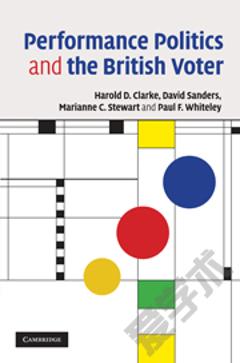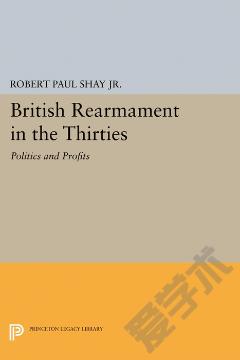Performance Politics and the British Voter
What matters most to voters when they choose their leaders? This book suggests that performance politics is at the heart of contemporary democracy, with voters forming judgments about how well competing parties and leaders perform on important issues. Given the high stakes and uncertainty involved, voters rely heavily on partisan cues and party leader images as guides to electoral choice. However, the authors argue that the issue agenda of British politics has changed markedly in recent years. A cluster of concerns about crime, immigration and terrorism now mix with perennial economic and public service issues. Since voters and parties often share the same positions on these issues, political competition focuses on who can do the best job. This book shows that a model emphasizing flexible partisan attachments, party leader images and judgments of party competence on key issues can explain electoral choice in contemporary Britain.
{{comment.content}}








 京公网安备 11010802027623号
京公网安备 11010802027623号